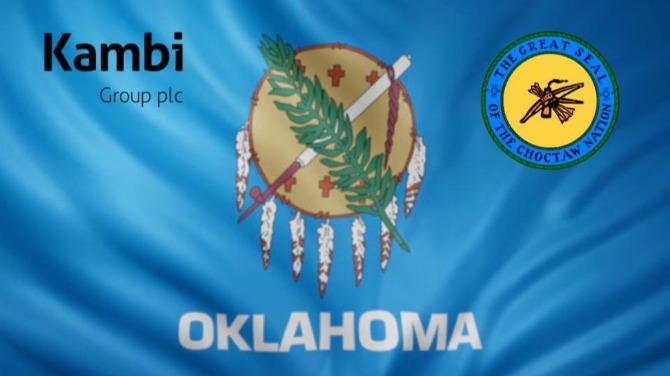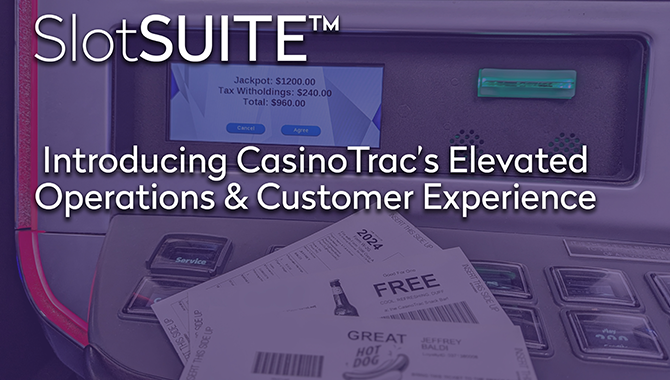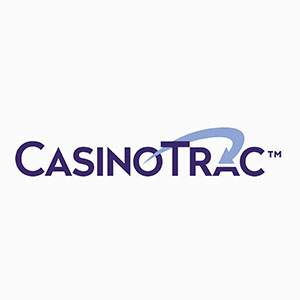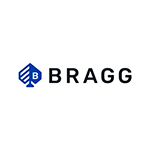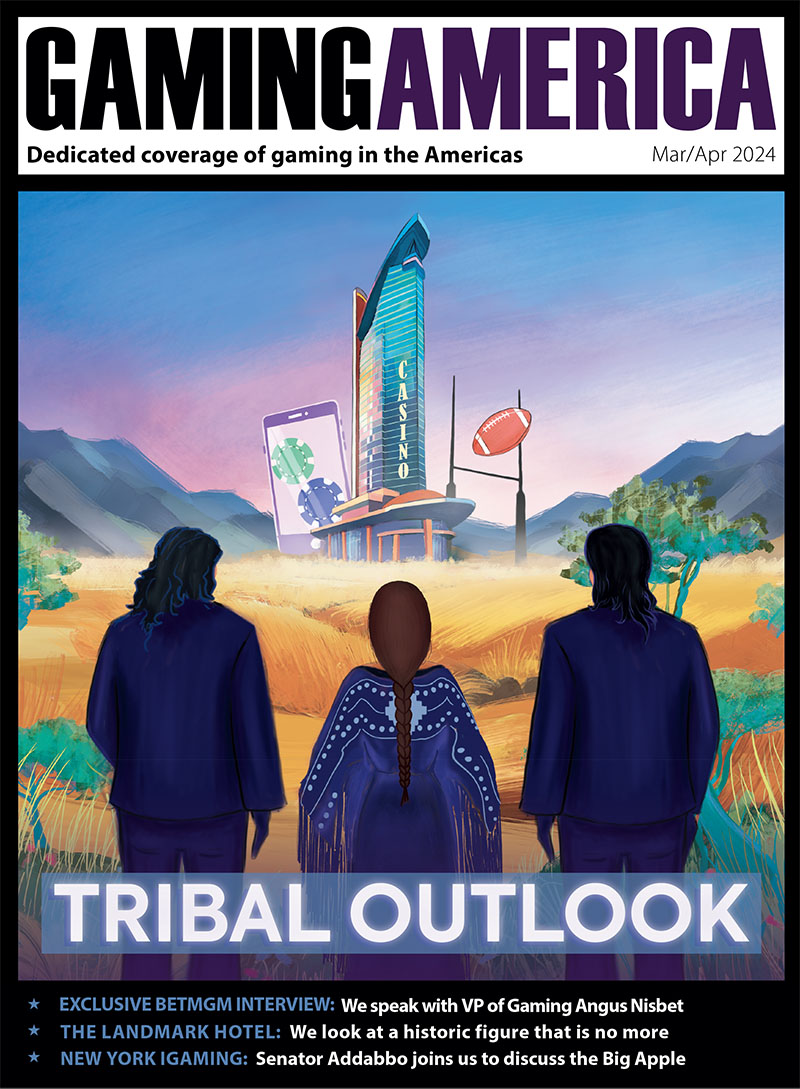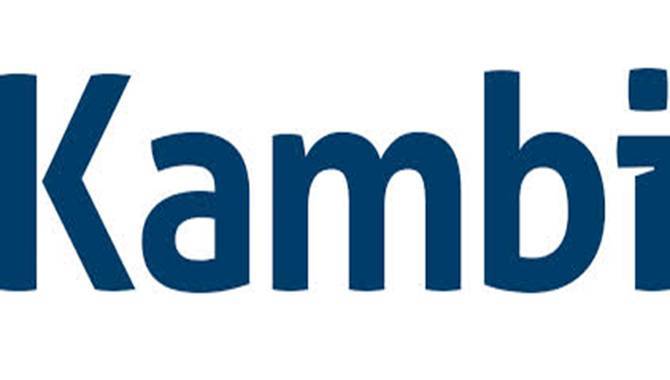
Landmark years in betting and gaming don’t come much bigger than 2019, the first full calendar year following the repeal of PASPA - a regulatory development that opened up unprecedented opportunities in sports betting for all manner of organisations. The US landscape is taking on a defined shape, with multiple states regulating and plenty of promising signs from legislators in others.
However, while regulation has been efficiently rolled out in a number of states, there have of course been frustrations and examples of it being done less effectively in states like Oregon.
The tribal community holds the cards on how sports wagering can expand through lobbying efforts and compact negotiations. As sensible regulatory frameworks are established, the right insight from trusted partners can lead to significant growth to the bottom line not just in sports betting, but across the entire casino floor.
Many tribes are seizing the opportunities. Tribal groups including Seneca Gaming Corporation have launched sports betting at their properties, while others such as Mohegan Gaming and Entertainment have signed agreements and lined up sports betting launches in anticipation of the passage of regulation.
Selecting the right route to market for the business is a crucial aspect tribes must manage. In general, two routes are open. The first being a partnership with a B2C brand, handing over day to day management of the sportsbook to an operator and providing that company with access to the casino’s user database and the brand building opportunities that come
with the task.
For those tribes that believe in the strength of their brand and want ownership of the sports betting value chain, partnering with a B2B provider capable of providing all-important regulatory certainty and swift, hassle-free deployment can be the first step to sports betting success. This has been the case for Seneca Gaming Corporation, who launched sports betting in all three of their New York properties in December 2019, just weeks after partnering with Kambi.
It’s important to emphasise that neither option for launching sports betting is right or wrong, although there is some evidence from state by state to now indicate that going B2B with Kambi and utilising one’s own brand database, or a top B2C partner utilising Kambi, can consistently drive higher revenues than other options. No tribal community is the same, and the only certainty is that the most important aspect will be planning strategically for sports wagering and considering partners who are both experienced at working with tribes and operate with the highest levels of integrity.
Enhancing the entire casino floor
An engaging on-property sportsbook with a well-managed blend of over-the-counter and kiosk services can help draw in younger clientele, and future-proof growth by promoting higher levels of engagement – not just in sports betting, but across gaming and hospitality. It also brings more customers through the doors of properties by broadening its range of products and services.
This is especially the case when rolling out sports betting with an accomplished B2B supplier, as opposed to handing over their database and responsibility for the day-to-day running of the sportsbook to a third party.
Taking control of the sportsbook with a B2B partner empowers the casino with a full 360-degree view of casino and sportsbook customers – enabling them to see how they intersect and how to most efficiently drive cross-sell between the two verticals.
These property-wide boosts are already being experienced by Kambi partner Penn National Gaming, finding that sports betting has already significantly benefitted casino revenues at its properties – especially in table gameplay. For example, Penn National Gaming recently reported that at its Hollywood Casino Lawrenceburg, table volumes rose by approximately 20% in Q4 2019 following the launch of sports betting.
What the B2B providers in this scenario must prioritise is ensuring that the process is as consultative as possible, building on the individual requirements of each tribal partner and learning what’s needed through ongoing dialogue and genuine partnership. No aspect of a tribal casino’s offering is a bolt-on, and for those with trust and confidence in their own brand, sports betting doesn’t need to be either.
Protecting the consumer
Aligning a high-quality mobile product with the on-property offering can also deliver significant uplift. Casino players will naturally find their way to mobile and online sports wagering as regulation allows, and developing a mobile and online sports offer consistent with the tribe’s established brand is the best way to beat the competition to the punch and develop even greater brand loyalty. Particularly now, in light of Covid-19, casinos may be encouraging greater use of mobile on-premise. Also, tribes and legislators are looking at diversifying risk around land-based reliance and seeking online revenue opportunities driven by their databases to protect overall tribal revenues.
Tribes considering whether to advocate for online regulation alongside land-based sports betting could look to Seneca Gaming Corporation’s strategy, the New York-based tribe planning to have a leading online product that taps into new audiences in a world in which more people are happy to act remotely through the internet.
Developing a meaningful online connection with the customer is an excellent way of protecting future growth – for example, rewarding an online customer with a land-based bonus, which includes food and beverages, or a night at the resort can help boost the long-term retention of a new breed of player.
For tribes that believe in the strength of their brand and the potential that comes with owning the sports betting value chain, partnering with powerful B2B providers can be a valuable means of achieving lasting success.

